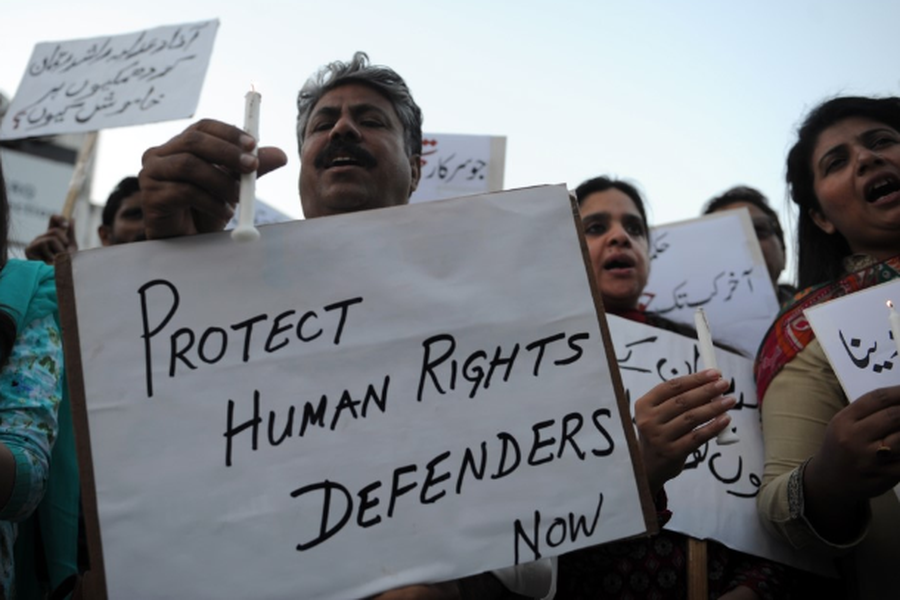
One decade after ratifying the International Convention on Civil and Political Rights (ICCPR) and the Convention against Torture, Pakistan has yet to demonstrate that it actually believes in them. When Pakistan became a party to these treaties “Pakistan undertook an obligation that binds all branches of the state to promote, respect, protect and fulfil human rights.”
According to Reena Omer, legal adviser for the International Commission of Jurists, there is “confusion regarding Pakistan’s commitment to the international human rights regime and the relevance of international human rights standards in guiding the country’s laws, policies and jurisprudence.”
As Omer notes, Pakistan’s “government officials continue to call human rights standards alien to Pakistan’s ground realities and appeals to assess Pakistan’s laws and policies against international human rights standards are shut down as promotion of ‘foreign’ or ‘Western’ interests. Prime Minister Imran Khan too has on multiple occasions questioned the role of human rights organisations, including HRCP, for promoting a ‘foreign agenda’ to defame Pakistan.”
Further, “dangerous and ill-informed rhetoric not only seeks to delegitimise the ideal of human rights, it also vilifies human rights defenders and puts them at risk for doing their job of advocating for the promotion of rights in the country.”
Omer points out that Pakistan’s contradictory approach on international human rights law “can also be seen in Pakistan’s jurisprudence. In a number of cases, the high courts and Supreme Court have interpreted constitutional provisions related to the right of freedom of movement, life and dignity, liberty and political association, among others, in light of international standards, and have observed that Pakistan was “bound to follow” international law in view of the “commitments it had made to the international community”.”
Finally, Omer states “mixed signalling and lack of ownership of international human rights, along with resistance to scrutiny of human rights compliance by the state, partly explain why these norms — many of which constitute hard law — have still not taken root in the country.
It is time that all branches of the state end their doublespeak on human rights and adopt a clear public position recognising their legitimacy and significance — it is only then that human rights discourse can truly flourish and improve the lives of the people of Pakistan.”
![]()





